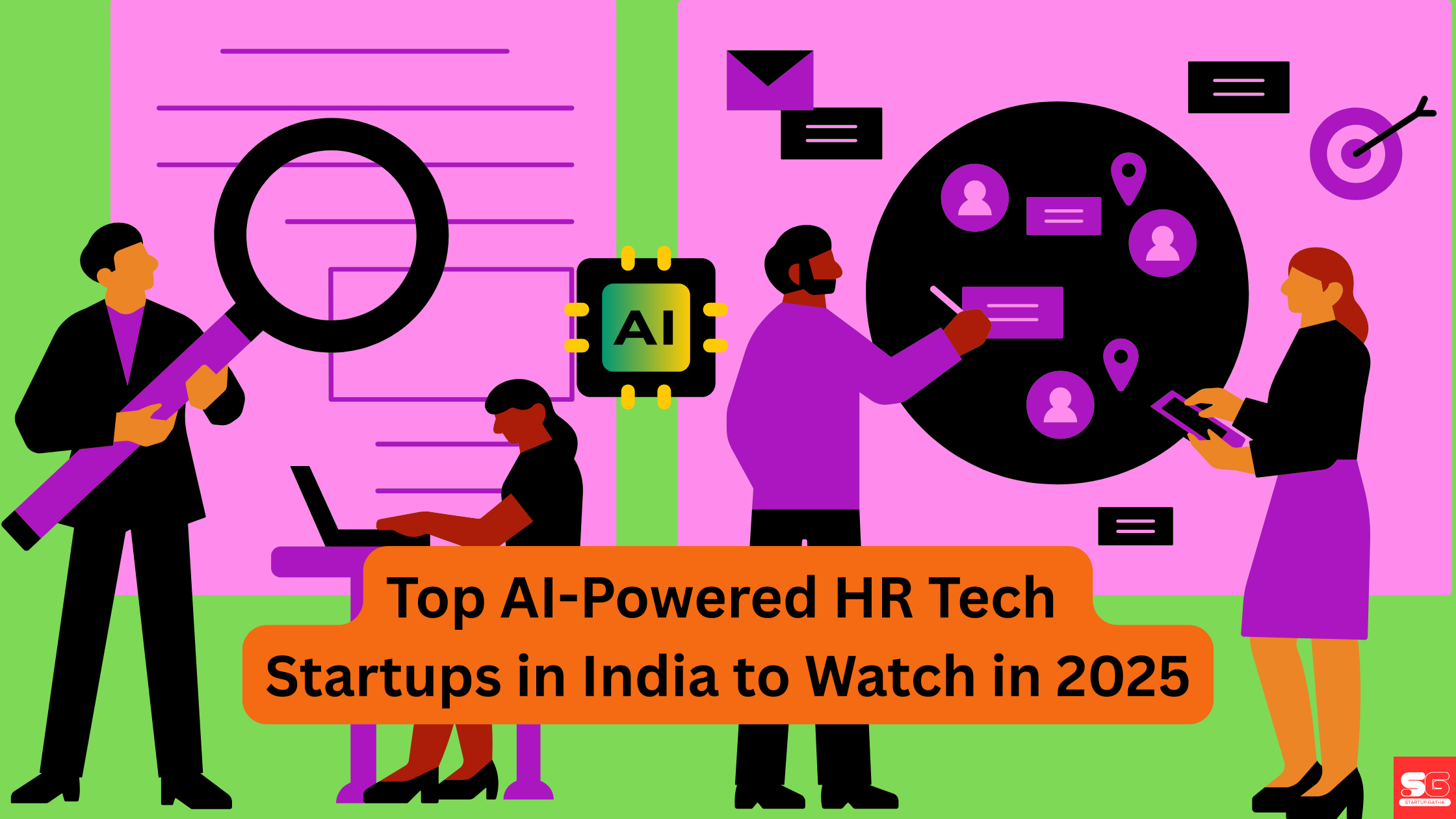India’s startup ecosystem, once driven by the ambition to replicate Silicon Valley’s digital successes, has now come into its own—especially with the dawn of the AI era. As artificial intelligence becomes increasingly woven into the fabric of innovation, Indian startups are not just riding the AI wave—they are helping shape it. But while the future looks promising, it brings with it new dynamics around employment, automation, and industry disruption. Here’s a deep dive into the holistic transformation of India’s startup landscape in the age of AI.
🇮🇳 The Evolution of the Indian Startup Ecosystem
India’s startup story began in earnest in the late 2000s, fueled by software exports, BPOs, and an emerging middle class hungry for internet-driven solutions. By 2022, India had become the world’s third-largest startup ecosystem with over 100 unicorns, spanning fintech, edtech, healthtech, logistics, and e-commerce.
Today, as the world enters an AI-first decade, India is evolving from being a tech consumer to a global innovator, with deeptech and AI-first startups becoming the new frontier.
🤖 The Rise of AI-Driven Startups
From conversational chatbots to predictive healthcare, AI startups in India are solving real-world problems at scale. Startups like Mad Street Den (retail AI), SigTuple (healthcare diagnostics), and Yellow.ai (customer engagement automation) are trailblazers.
Generative AI tools for coding, content creation, legal reviews, and even education are now being built in India, not just used. Startups are embedding AI into SaaS platforms, e-commerce personalization engines, logistics, financial risk analysis, and agriculture.
📊 Employment and Job Creation: A Double-Edged Sword
One of the most debated aspects of AI integration is its impact on jobs. AI is undoubtedly eliminating low-skill, repetitive roles—but it’s also generating high-value tech jobs. India’s startups are creating demand for roles such as:
- AI/ML Engineers
- Data Scientists
- Prompt Engineers
- AI Ethics and Compliance Experts
- Product Managers with AI experience
According to NASSCOM, the AI sector in India could create over 1 million direct jobs by 2030, especially in analytics, model development, and AI infrastructure management.
However, the shift is creating a talent gap—students graduating today are often unprepared for this AI-heavy market. This opens a new vertical for startups in skilling and re-skilling.
📚 The Rise of AI Skilling Startups
Companies like Scaler, UpGrad, and Newton School have already begun revamping their courses to integrate AI modules. A new wave of edtech startups is focusing solely on upskilling India’s youth and workforce for AI-readiness.
Corporate partnerships are also emerging: Infosys and TCS have launched in-house AI skilling programs, and many startups are providing white-label solutions for enterprise learning.
🏭 Sectors Fully or Partially Automated
AI isn’t just a tech layer—it’s transforming entire industries:
- Customer Support: With conversational AI, many B2C companies have slashed support team sizes while improving resolution speed.
- Logistics & Warehousing: Predictive demand planning, autonomous delivery systems, and smart inventory management are streamlining operations.
- Retail: Visual search, recommendation engines, and dynamic pricing models are run entirely by AI.
- Healthcare: Diagnostics and patient triage are increasingly AI-powered.
- Finance: Fraud detection, credit scoring, and algorithmic trading are becoming more AI-dependent.
Startups in these sectors are either automating end-to-end workflows or augmenting human decision-making.
📉 The Human Cost: Reskilling or Redundancy?
The rise of automation is real. Sectors like customer service, data entry, and basic analytics are already seeing job reductions. The need for government and private players to invest in reskilling has never been greater.
Startups have a role to play—by designing inclusive solutions that allow human-AI collaboration, rather than complete replacement.
📈 Funding Trends and Investor Outlook
AI-focused startups are now a priority for VCs and angel investors. In 2023 alone, AI startups in India raised over $1.5 billion. Deeptech is no longer “too risky”—it’s the next frontier.
Investors are eyeing not just technology, but:
- Market size of the problem solved
- Ethics and bias mitigation in AI models
- Data privacy and governance
🌍 India’s Global AI Role: Exporting Innovation
India is not just consuming AI—it’s exporting it. Indian startups are now providing AI solutions to global clients, especially in Europe, Africa, and Southeast Asia.
Government initiatives like the IndiaAI Mission and Digital India stack are accelerating this shift by supporting infrastructure, policy, and public-private partnerships.
🔮 What Lies Ahead
- Hybrid Jobs: Traditional roles will be redefined with AI integration.
- AI for Bharat: Vernacular AI, voice-based solutions, and AI for agriculture and governance will dominate.
- Decentralized AI Development: Open-source AI communities and local innovation hubs will emerge.
📌 Final Thoughts
India’s startup ecosystem is at a pivotal moment. In the AI era, it has the opportunity to lead with innovation, inclusion, and impact. But this leadership will depend on how well the country can bridge the skills gap, manage ethical risks, and harness AI not just to automate—but to elevate.
The Indian startup story is no longer just about growth. It’s about transformation—and startups are at the heart of it.




